When word of the German breakthrough in the Ardennes Forest began to move back to the rear echelons of the American command in Western Europe, General Maxwell Taylor, commanding officer of the 101st Airborne Division, was attending a conference in Washington, D.C. The division’s assistant commander, General Gerald Higgins, was in Britain attending a lecture series on the lessons learned from the recently concluded Operation Market Garden.
Thus, in mid-December 1944, as the critical opening hours of the Battle of the Bulge unfolded, command of the 101st had devolved to Brig. Gen. Anthony McAuliffe, who had parachuted into Normandy on D-day and landed in Holland by glider during Marke Garden. A career officer, McAuliffe was a 1918 graduate of the U.S. Military Academy, who was well prepared for his rendezvous with history.
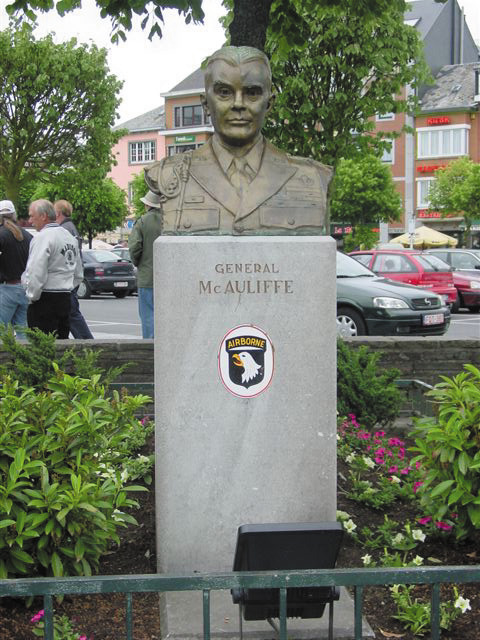 The 11,000 paratroopers of the 101st, long overdue for a rest, hit the road in 380 vehicles toward the area of the German breakthrough on the morning of December 18. They were ordered initially to the Belgian town of Werbomont, but were then diverted to the key crossroads village of Bastogne. McAuliffe received direct orders from VIII Corps commander General Troy Middleton to hold Bastogne at all costs.
The 11,000 paratroopers of the 101st, long overdue for a rest, hit the road in 380 vehicles toward the area of the German breakthrough on the morning of December 18. They were ordered initially to the Belgian town of Werbomont, but were then diverted to the key crossroads village of Bastogne. McAuliffe received direct orders from VIII Corps commander General Troy Middleton to hold Bastogne at all costs.
Although his primary responsibility had been as the artillery officer of the 101st, McAuliffe, assisted by the division staff, deployed his troopers and supporting units to bolster the Bastogne defenses. The pressure from heavy German armored units was relentless, but the American defenders, although battered, refused to yield.
In the late morning of December 22, four German soldiers under a white flag delivered a surrender ultimatum to McAuliffe. Their message asserted, “The fortune of war is changing. This time the U.S.A. forces in and near Bastogne have been encircled by strong German armored units. There is only one possibility to save the encircled troops from total annihilation: that is the honorable surrender of the encircled town.
Faced with the necessity of making a reply, McAuliffe muttered, “Aw, nuts!” At a loss for a response, the commander was reminded by Lt. Col. Harry Kinnard, his operations officer, that the original comment sounded appropriate.
Perhaps the shortest response to a surrender demand in history, the typed reply read, “To the German Commander: Nuts! The American Commander.”
McAuliffe had unwittingly uttered one of the most famous quotations of World War II. Sixty years later, he is remembered for the simple clarity of that statement. His comment resonated among the ranks, and the 101st Airborne held until relieved by units of the 4th Armored Division on the day after Christmas. When the siege of Bastogne was lifted, McAuliffe was promoted to major general, awarded the Distinguished Service Cross, and given command of the 103rd Infantry Division.
After the war, McAuliffe remained in the Army, serving as the chief of the Chemical Corps and the head of Army Personnel. In 1953, he was chosen to command the Seventh Army, and two years later he became commander of the U.S. Army in Europe. When he retired from the Army in 1956, he served as an executive with the American Cyanamid Corporation and as chairman of the New York State Civil Defense Commission. He died at the age of 77 in 1975 and was buried at Arlington National Cemetery.
In recognition of his leadership during the critical hours of the Battle of the Bulge, the people of Bastogne renamed their town’s center McAuliffe Square. A bust of the general tops a monument dedicated to the courage of the defenders and the memory of McAuliffe’s brief but effective response.
– Mike Haskew
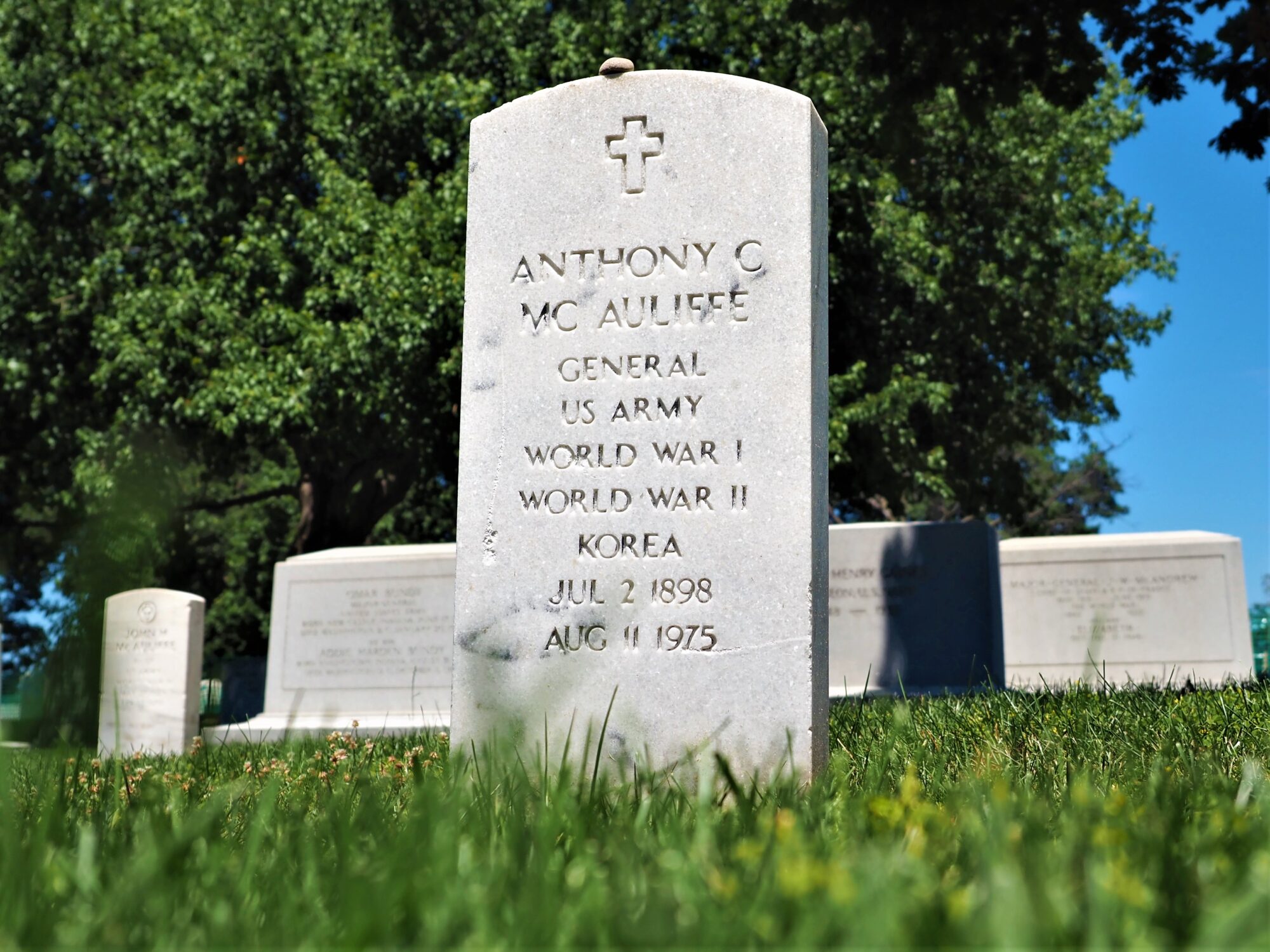
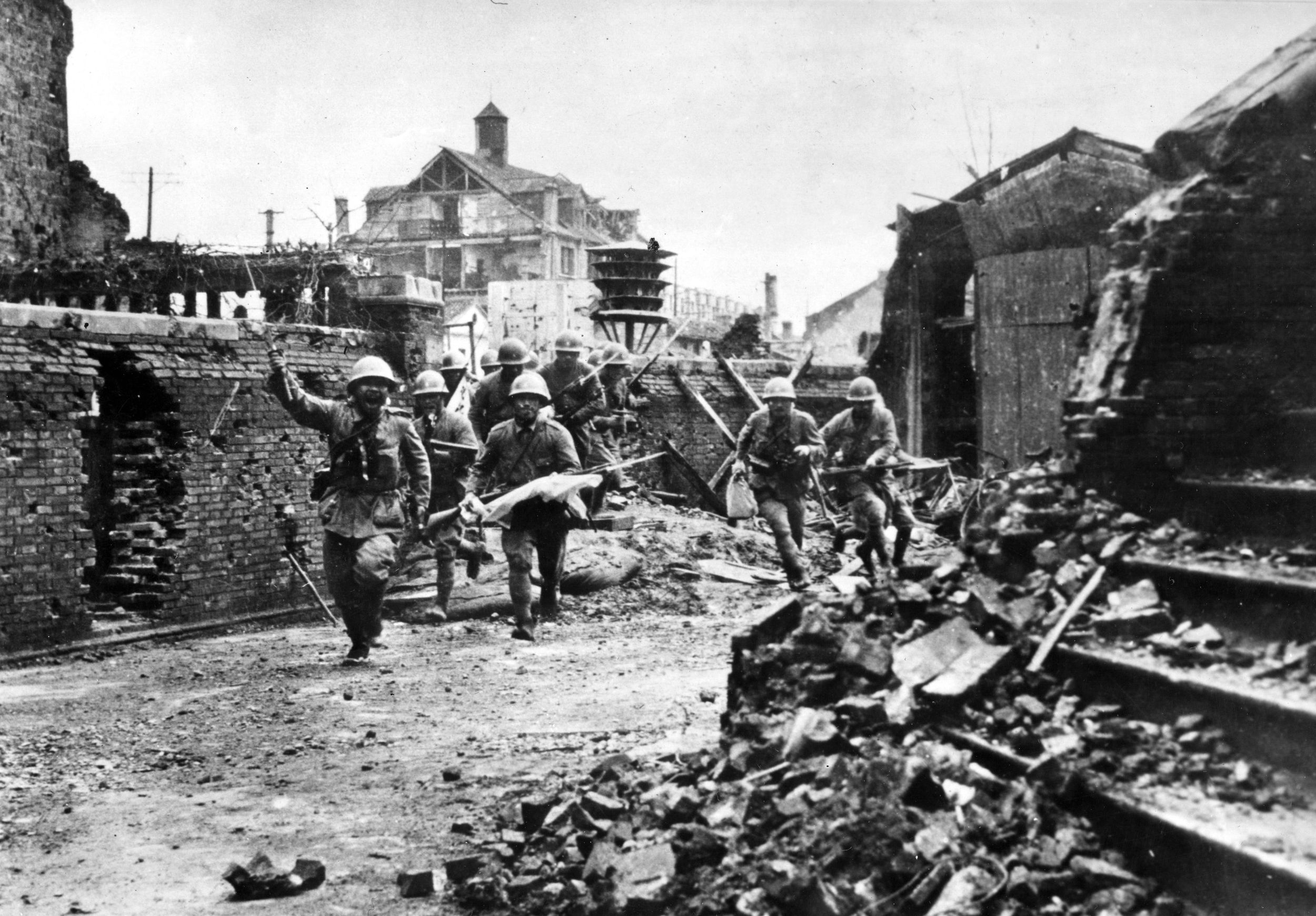
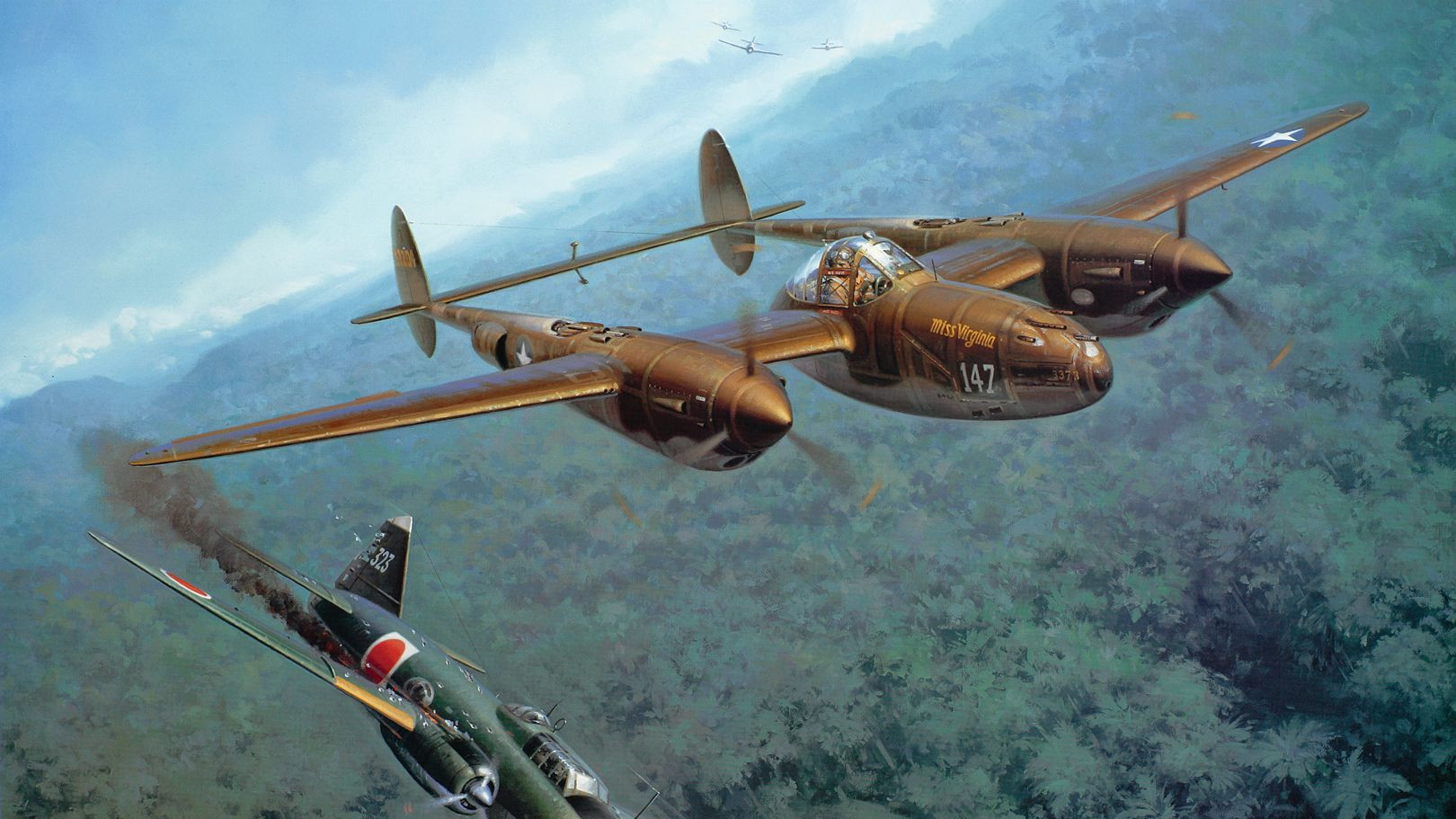
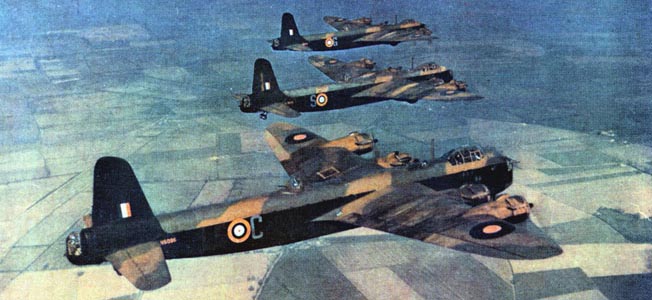
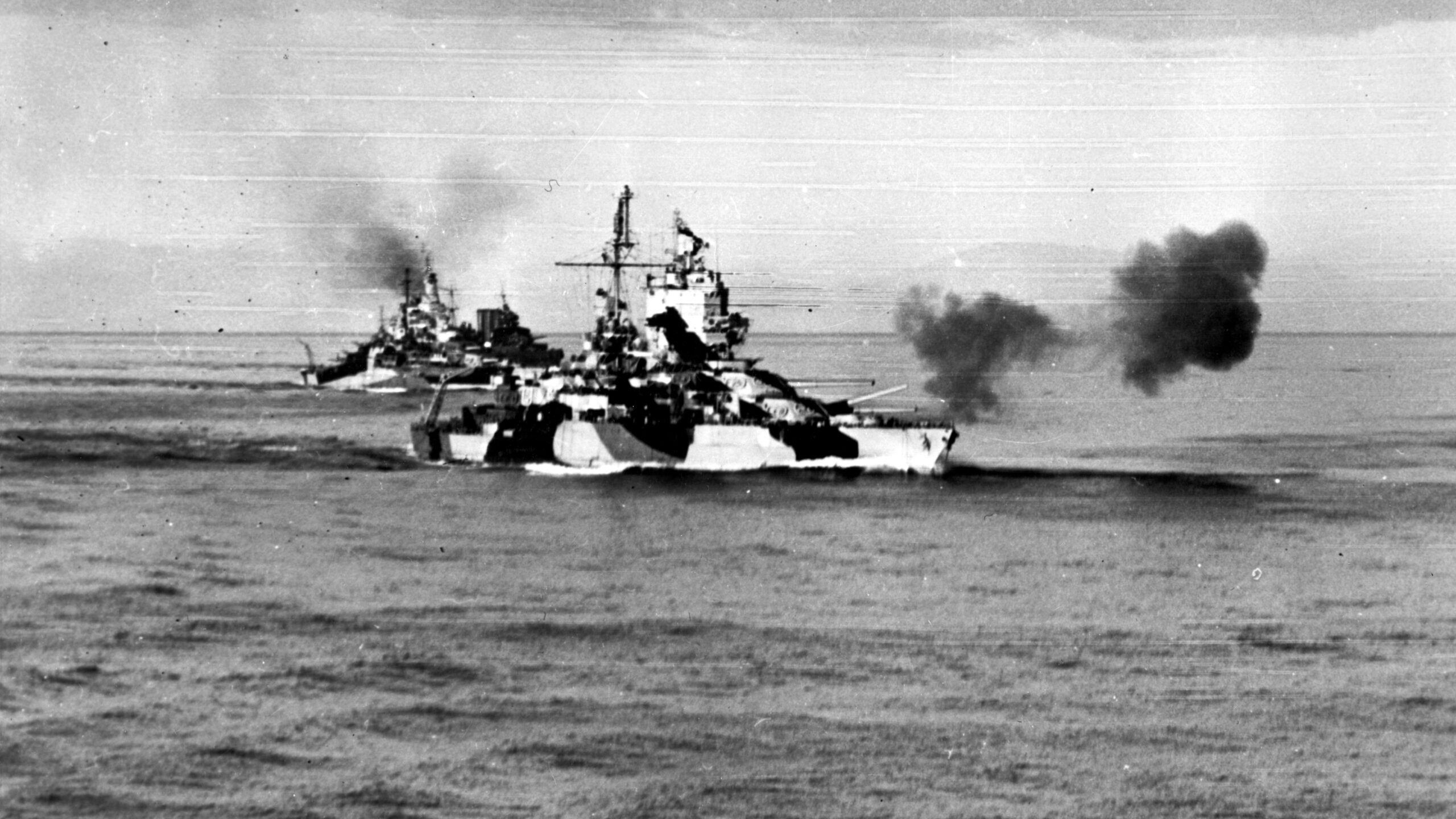
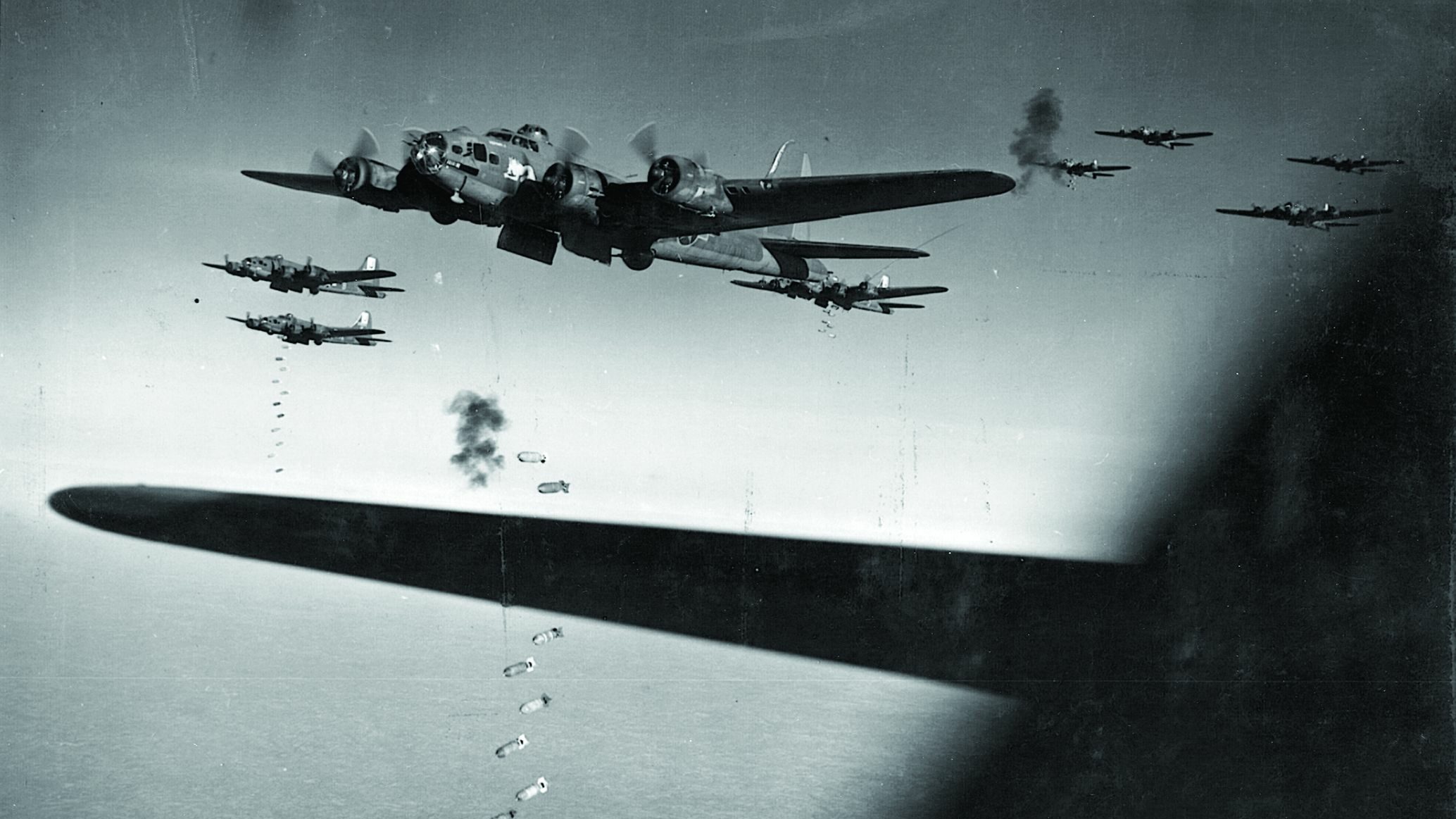
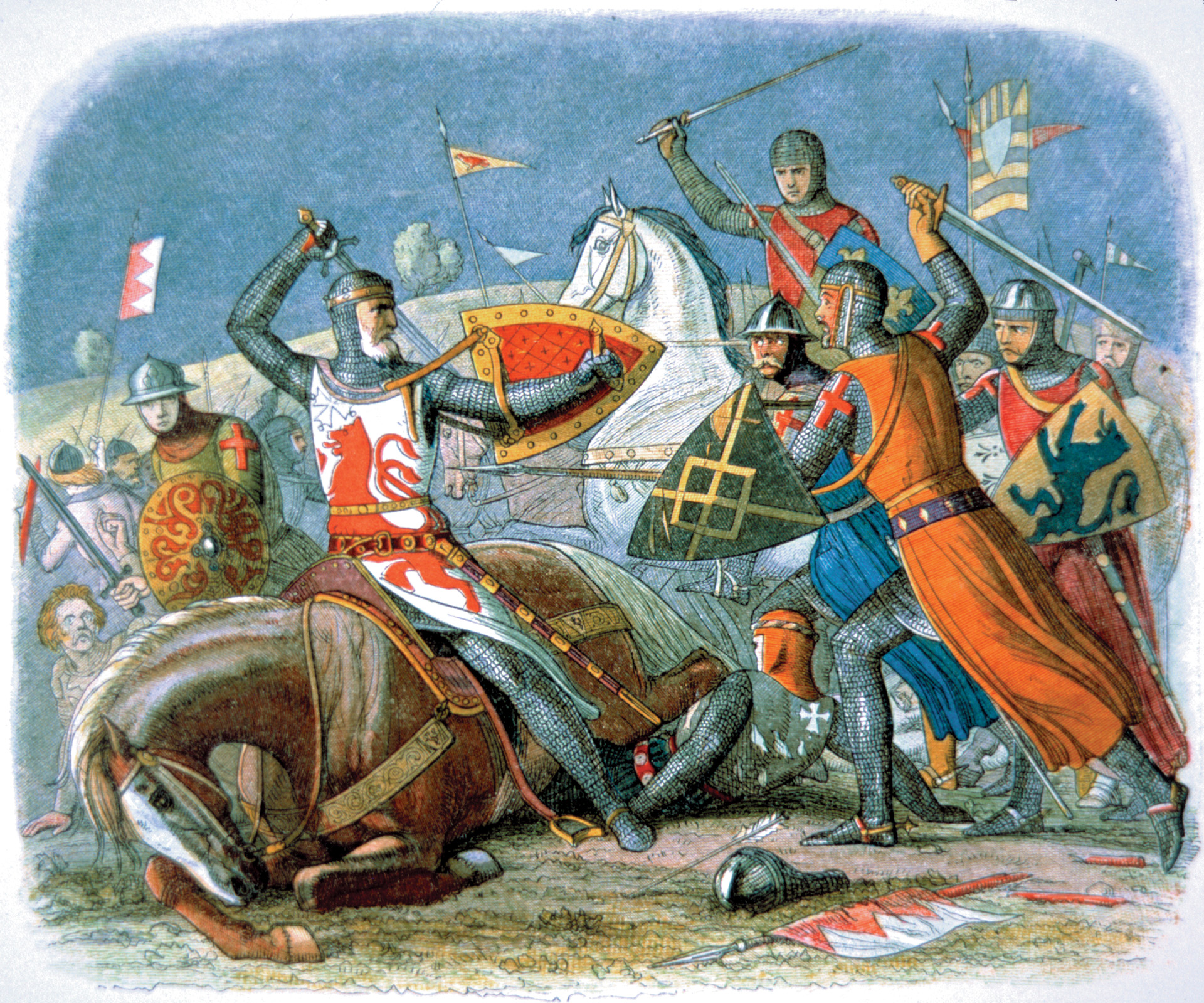
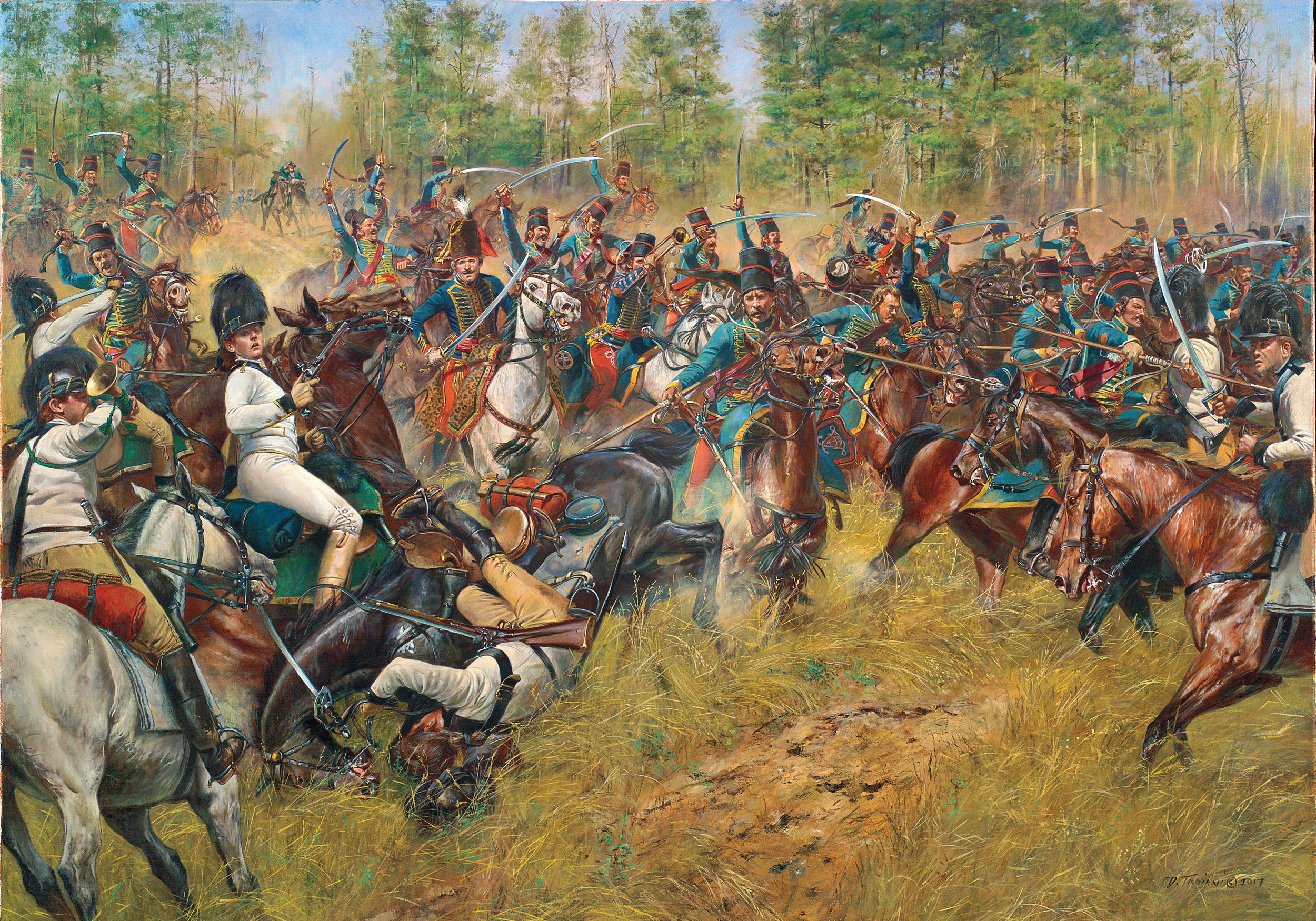
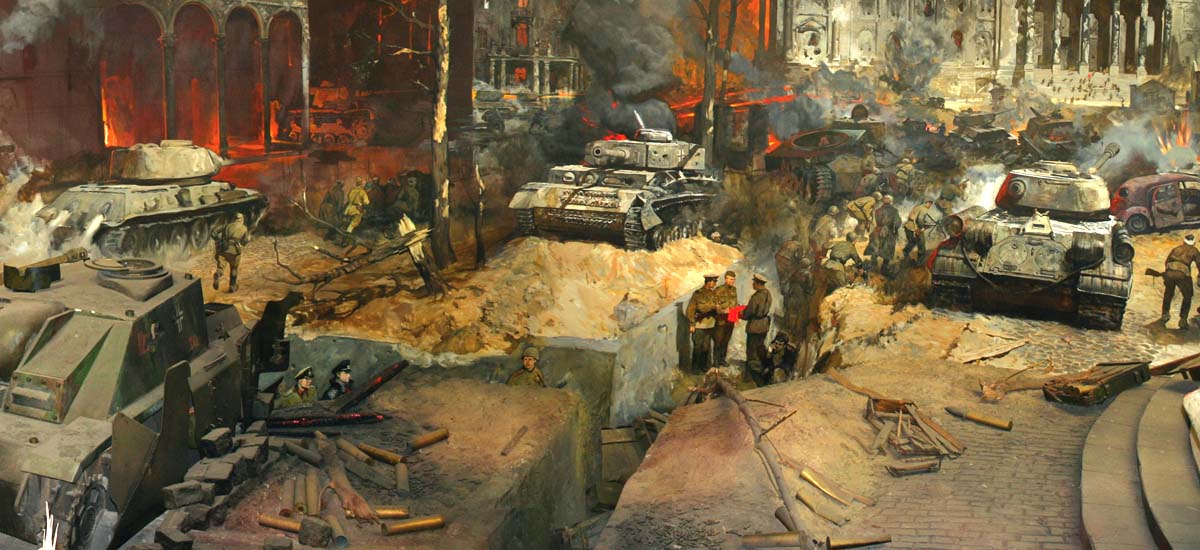
Join The Conversation
Comments